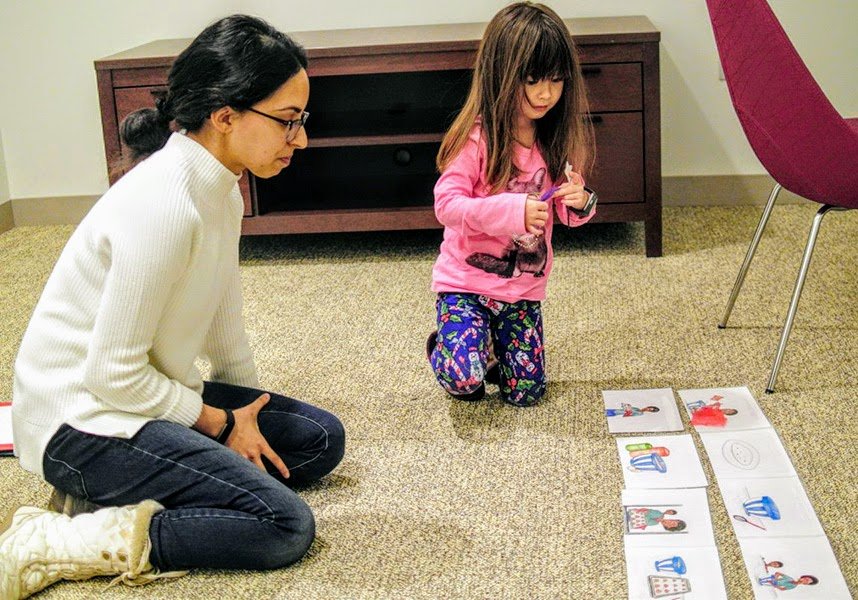The importance of sleep for learning and its effect in reinforcing adult memory has long been known in neuroscience. But what happens in the brains of babies during sleep? This activity seems to be as crucial for them, if not more so, as for adults. Infants spend around 70% of their time asleep, and one of their main jobs is to learn about and adapt to their environment.
William Fifer, a developmental neuroscientist at Columbia University Medical Center in New York, with developmental psychologist Amanda Tarullo, tried to find out if they could catch learning in action while newborns, babies, and toddlers sleep. Surprisingly, studies suggest that while naps are essential in the early learning process, most children stop taking naps from ages 3 to 5 years old.
Newborns sleep 16 to 18 hours a day, and this state of mind and body looks very different in the early years than it does later. Sleep patterns change as children develop. Case in point, infants about a year old mostly snooze at night, with a few daytime naps. But by around two years old, most of them are only taking one nap a day.
It seems that napping plays a crucial role in growing children, helping them consolidate memories at a time they are learning a lot of critical information. “Sleep is crucial for earliest word learning,” said Manuela Friedrich, a neuroscientist at the Humboldt University of Berlin. But then why stop taking naps? Science has revealed that when children who regularly take naps miss it, they tend to perform worst on memory tests.
In the USA, politicians and school superintendents have argued that preschools should focus on instruction instead of sleep time. However, a recent analysis evaluating 44 napping studies from around the world showed significant variations in this practice. Some children stop taking naps as early as age two, while others still take naps even after age six.
Taking naps, just like other key developmental milestones such as learning to walk and talk, varies from child to child. Some kids start walking at only 9 months, but some of their peers just start doing it at 18 months. Thus, it will take more research to fully understand which is more recommendable regarding children's "nap time". After all, perhaps it depends on the individual child.

Picture: In the lab of cognitive neuroscientist Rebecca Spencer (Shizuko Mullin)



